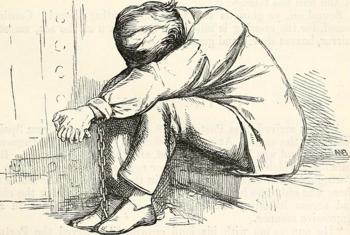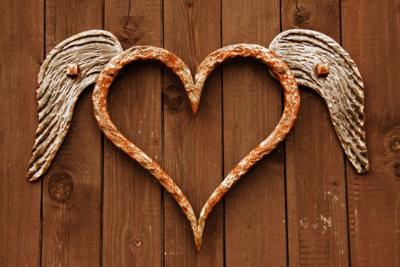I Died, Stayed Dead in Many Ways Until CIR
My recovery birthday is the day I registered at CIR. It was shortly after I joined. I chose it because I began to seriously take on my recovery as a whole: Alcohol, Codependency, Sex/love addiction, Bulimia (teens-20’s), then became Compulsive overeater, Workaholic, PTSD from Childhood rape/molestation…..abuses/ bullying of every variety including self-inflicted. I experienced a date rape with an abortion in 1994 (I died / stayed dead in many ways until CIR). All are interconnected.
I have since found a measure of serenity, of freedom from sin (or enslavement to righteousness) !!!! Romans 6:15-17), healing in the areas my mental illness/health problems & I have found the blessing of relationship/fellowship.
I Died, Stayed Dead in Many Ways Until CIR Read More »









